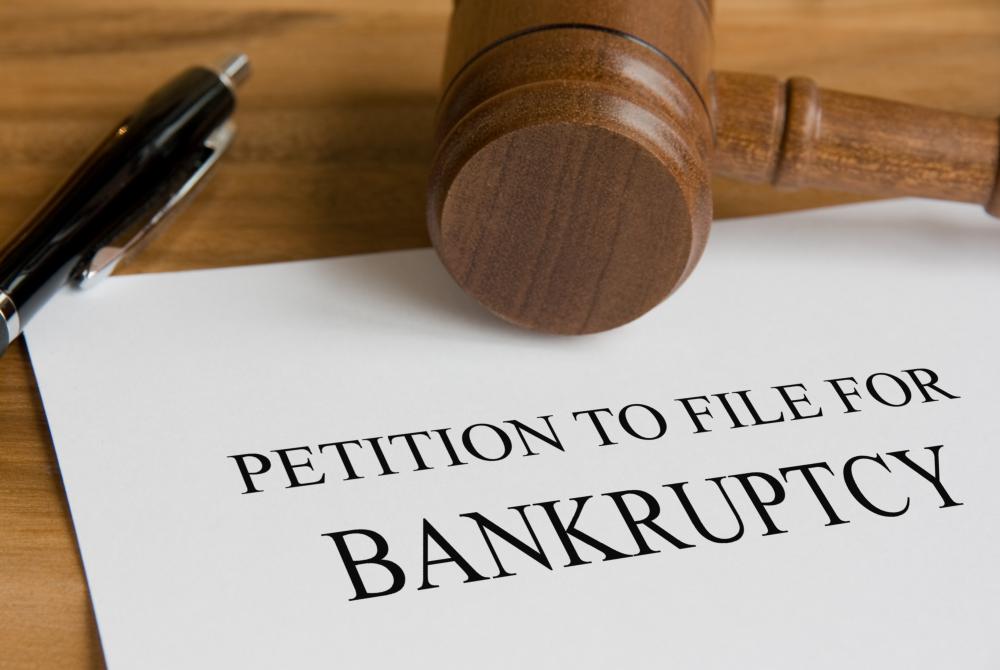At WiseGEEK, we're committed to delivering accurate, trustworthy information. Our expert-authored content is rigorously fact-checked and sourced from credible authorities. Discover how we uphold the highest standards in providing you with reliable knowledge.
What is an Insolvency Order?
An insolvency order is a type of court order that is issued when a debtor is unable to honor his or her obligations. Depending on the laws that apply in the jurisdiction in which the debtor is located, the petition for the insolvency order may be presented to the court as part of a request for personal bankruptcy protection. In some jurisdictions, the order may be presented by a creditor in an attempt to obtain the support of the court in collecting at least a percentage of the outstanding balance.
When presented by a creditor, the insolvency order must usually meet specific criteria established by the court. The creditor must be able to prove that reasonable efforts to collect the debt have been made, including attempts to work with the debtor to establish some type of repayment plan. In addition, many courts impose a minimum amount that must be owed before the court will consider the petition. Assuming that the court determines the debtor does have the means to repay at least a portion of the amount owed, the insolvency order will bind the debtor to repay whatever amount the court believes is fair to both parties. While this total may come to the original amount owed, it more often is some reduced amount, depending on the financial circumstances of the debtor.

An insolvency order may also be part of the overall request for personal bankruptcy protection. In this scenario, the court considers each of the debts involved with the request, confirms the amounts with the creditors, then makes judgments regarding how much, if any, compensation the creditors will receive. The courts are bound by any current laws and regulations that relate to the process of bankruptcy in the jurisdiction in which the debtor lives, and typically attempts to structure the bankruptcy in a manner that is reasonable for all parties concerned. As with any type of bankruptcy issue, the income level and available assets of the debtor are taken into consideration. Any assets that are not protected from seizure by bankruptcy laws may be liquidated in order to fulfill the orders issued by the court.

One of the main benefits to the debtor is that in most jurisdictions, the issuance of an insolvency order immediately stops any other legal proceedings or attempts at collection that may currently in progress. During this period, creditors are not allowed to contact the debtor for the purpose of making other payment arrangements. Once the judge has submitted a ruling and determined the specifics of the insolvency order, both parties are bound to follow by that ruling. Should the debtor fail to repay whatever amount the court has ordered to be paid to the creditor, the order may be declared null and void, and the creditor can initiate new legal proceedings to recover all or a portion of the original debt.
AS FEATURED ON:
AS FEATURED ON:












Discuss this Article
Post your comments